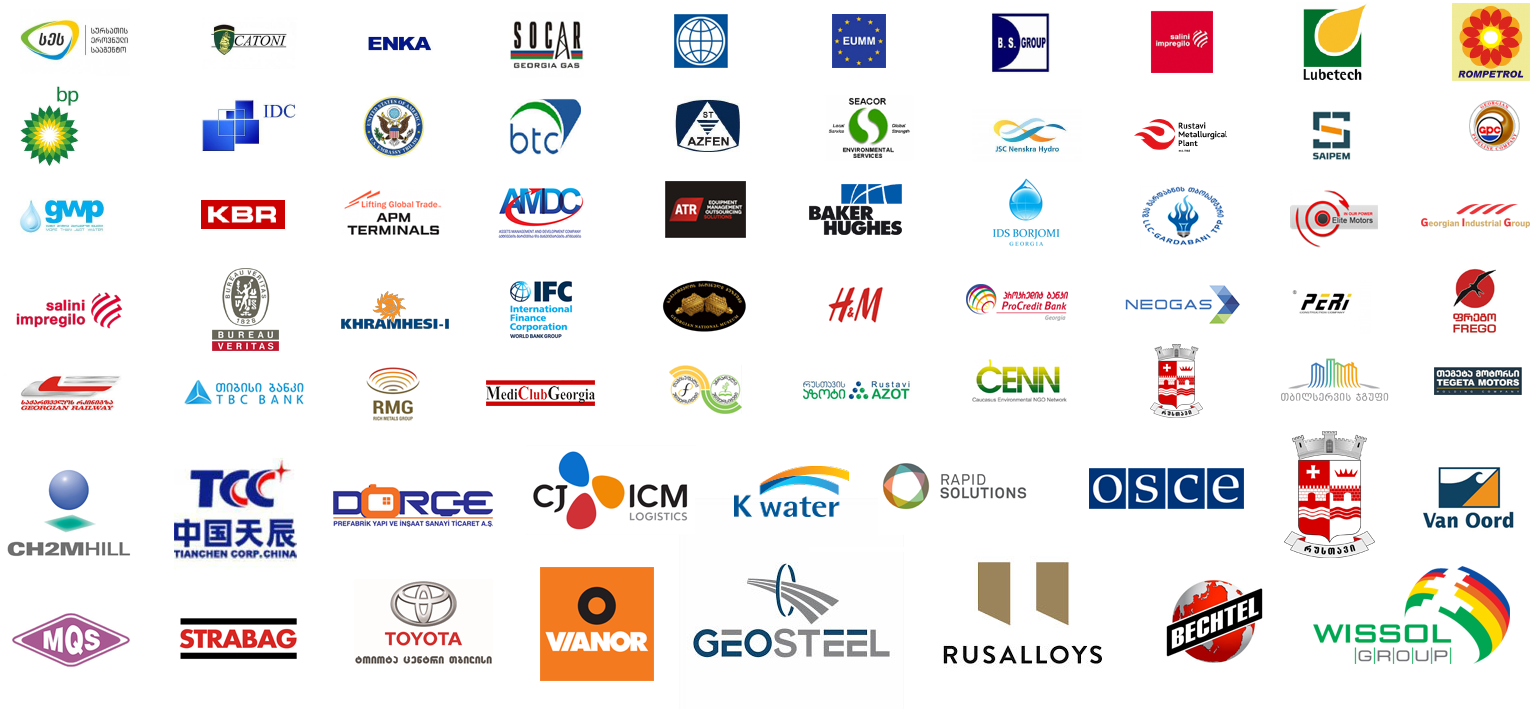Wastes managing rules are determined by legislation and subordinate normative acts, in particular for wastes producers, wastes owners, wastes carriers and operators such new obligations, what is connected to collecting of wastes, temporal storage, pre-processing, transportation, restoration and location, also such activities, measures and operations supervising and residues locating objects further care.
According to “Wastes Managing Code” requirement, wastes producers and wastes owners are obliged to recycle themselves in purpose of collect, transportation and recycle, hand over the relevant rights to persons according to code and Georgian legislation and subordinate normative acts.
Waste – this is the substance or item, which is discarded, intended to be discarded or is obliged to be discarded by the owner, in particular:
